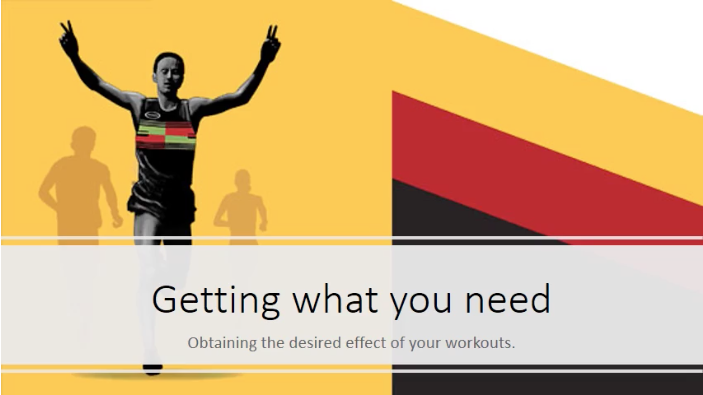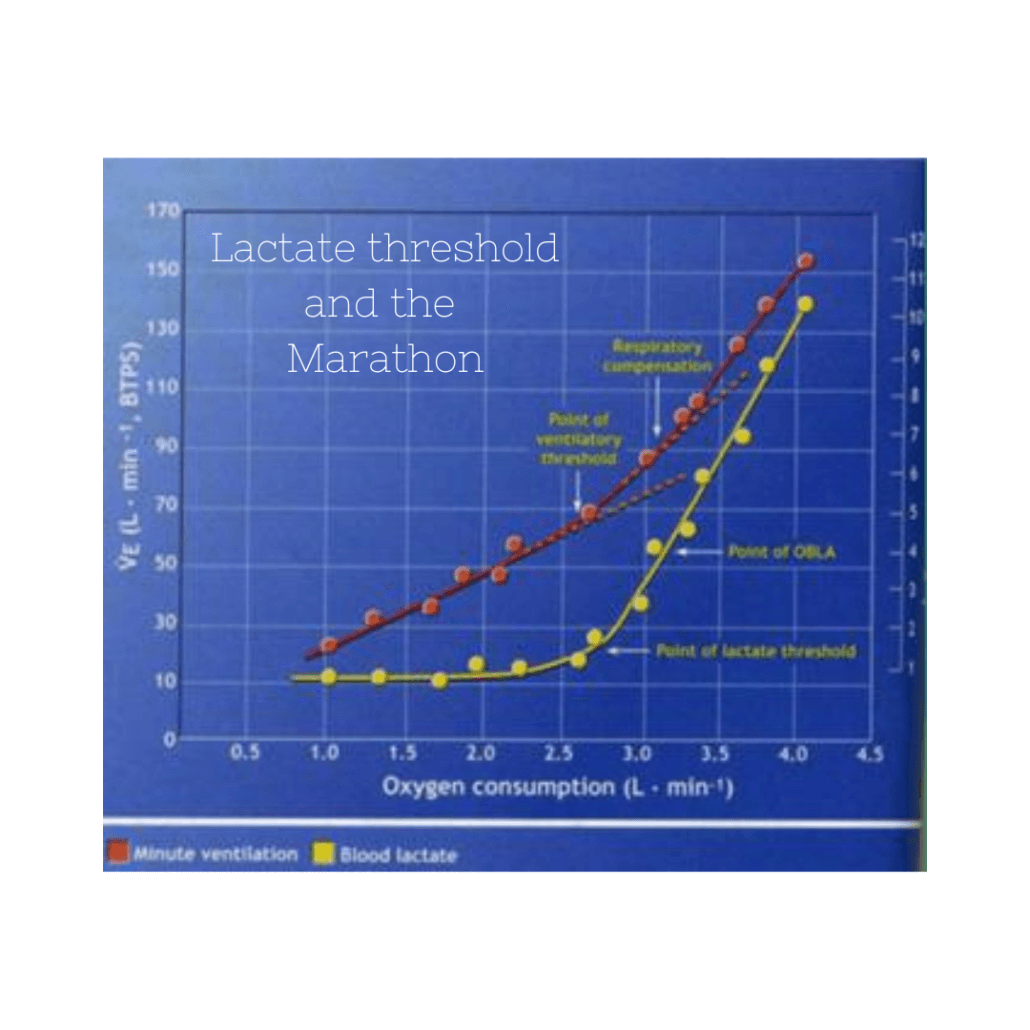First Marathon Series Part 5: Understanding Marathon Fatigue

Podcast: Play in new window | Download
When you run a race like a 5k, or even just doing speedwork, the discomfort is very acute. The lungs are burning and the level of discomfort is visceral. It’s not very pleasant, but you are aware of the “lactic burn” as it is commonly referred to. When training for these types of races, we have to space very carefully as to not overdo it, or to not become over trained. Some will even say to develop acidosis. Fair enough, and I would say this is true for 5k and 10k training. Maybe even up to half marathon training, depending on the person. But what about marathon training? Do these rules apply? Does the body react the same way?
The short answer is- it depends!
When I see a lot of newer runners start running and even new marathon runners (that have run shorter races) start to get into heavier training, there is a “whoah!?” kind of point. Is this supposed to feel like this? Am I coming down with an illness? Am I on the verge of being hurt? Learning to differentiate discomfort from training fatigue and becoming sick and/or hurt during marathon training is a skill that can literally make or break you.
You see, what I have found is that marathon training consists of a lot of vagueness and exceptions to the rules. It’s easy, until it isn’t anymore. If you are fresh during the last 6-8 weeks, then you probably aren’t training hard enough.
If you don’t feel like taking a nap as soon as you get up in the morning, you probably aren’t training hard enough.
On the other hand, if you broke your foot from running too much, then you obviously took it too far. Learning to know how it feels to be in that grey zone is where the magic of marathon fitness happens. My marathon mentors, Kevin and Keith Hanson, called it cumulative fatigue. Where you couldn’t pinpoint your tiredness or fatigue to one single workout, rather the culmination of workouts over the course of several weeks.
Cumulative Fatigue:
To me, there are two key components to developing Cumulative Fatigue versus being overcooked. The first is the timing where you are feeling the fatigue. If you are early into your marathon training or have more than 8 weeks to go, and you are feeling burnt out, then you are pushing too hard. Usually when I see this, it means that the person has done their workouts and easy days too hard, too often. A lot of times they have the attitude that if fast is good, then faster is REALLY good. Like I said, marathon training is easy- until it isn’t. There can be other factors involved too. Things like general recovery- hydration, nutrition, sleep, etc. Things we might have been able to get away with with lower levels of running will be exploited as we ramp up the volume.
We can talk about what to do in this case, but I have a previous podcast that covers this for us. You can check out HERE.
Overtraning:
The second thing I look for when discerning from CF and overtraining is performance. If someone is getting overcooked then performance will start trending downwards. It might start off with a poor workout, but will be followed up with a few more in a row, then it’s time to start looking at being past Cumulative Fatigue. When a person is at the stage of developing CF, they may not feel like doing a workout. They not be that motivated to do it, either. However, once they get warmed up and past the first mile, they settle in and realize that everything is just fine.
Now, the question will come up about differentiating soreness vs an injury. When to worry and when to just note that it’s part of training? There’s some quick things to help differentiate:
Soreness:
- Both sides of body
- In center part of muscle
- Appears after a change intensity or volume
- Improves after a warm up
- Doesn’t affect form
- Generalized
Warning sign of injury:
- One side of body
- Towards a joint
- Appears daily
- Worsens during a workout
- Worsens or remains during day
- Affects form
- Localized
Knowing the difference is key to management.
The only other thing I would add is that if you feel like you have to take ibuprofen to get through a run, then you are probably already hurt. All the ibuprofen is doing is masking the pain. Without sensing the pain, you are probably only making it worse.
If you pay attention t0 the warning signs, you can take get a jump on it and hopefully prevent it from getting out of control.
A couple days off is a lot better than a few weeks.
At the end of the day, just keep an even keel. A bad day isn’t the end of the world and a good day doesn’t mean you are ready to get after that world record (yet). A day off isn’t going to make all you’ve worked hard for disappear. On the other hand, lots of pretty decent days will add up.
It’s like the old question on savings: would you rather take a $1M lump sum or take a penny and double it every day for a month.
My advice- take the penny and double it every day. You won’t notice much difference for the first 25 days, but dang that last few will blow your mind!
That’s it for this week! If you have liked this series, please consider taking a look at my book Hansons First Marathon, or the OG’s Hansons Marathon and Hansons Half Marathon. Thanks for reading and listening!





